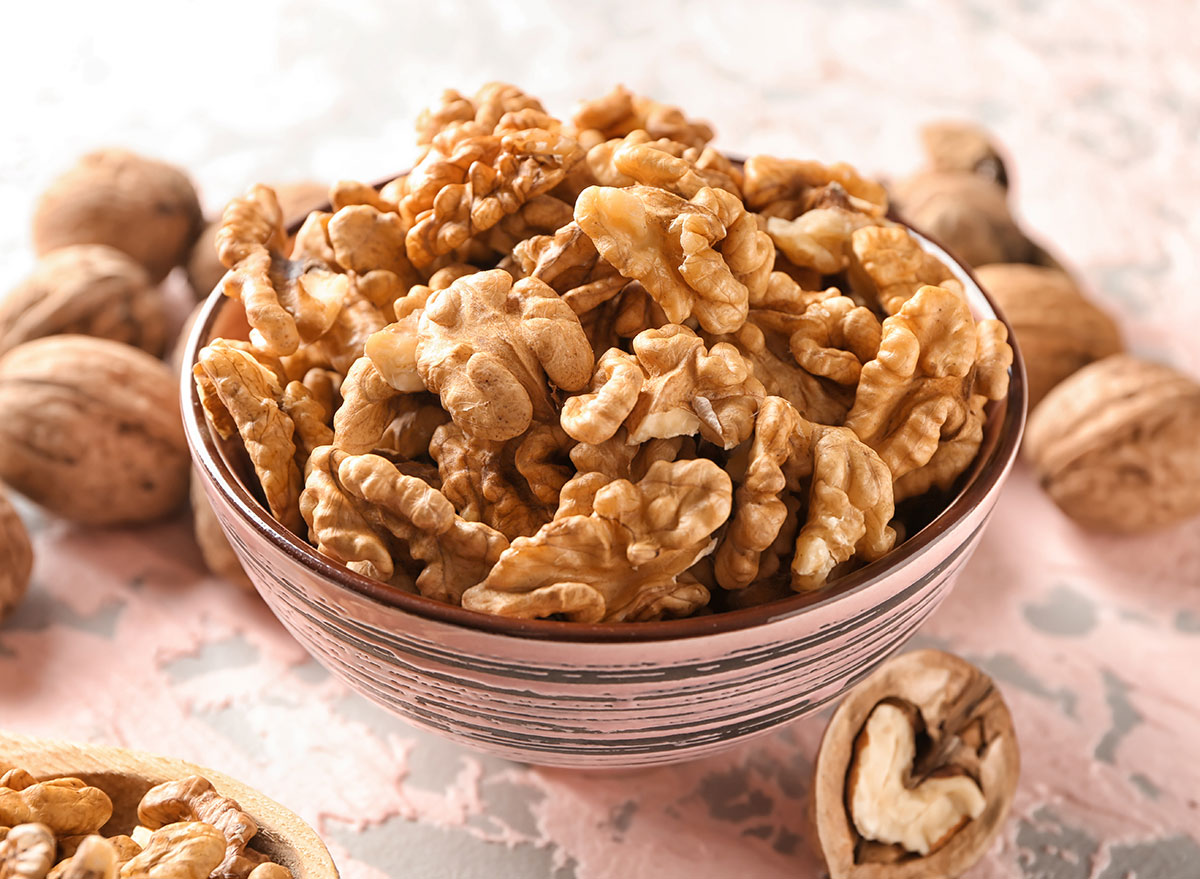Cashews are rich in nutrients and may offer several health benefits. Like most nuts, cashews may also help improve your overall health. They’ve been linked to benefits like weight loss, improved blood sugar control, and a healthier heart.
Benefits of Cashews
- Good for heart health: Cashews contain healthy fats, including monounsaturated and polyunsaturated fats, which can help to lower bad cholesterol (LDL) and improve heart health.
- Rich in vitamins and minerals: Cashews are a good source of vitamins and minerals such as copper, magnesium, zinc, and vitamin K, all of which are essential for maintaining good health.
- May help with weight management: Despite being relatively high in calories, studies have suggested that including cashews in the diet may actually help with weight management due to their satiating effect.
- May help lower blood sugar: Cashews are relatively low in carbohydrates and have a low glycemic index, which means they may help to regulate blood sugar levels.
- May have anti-inflammatory effects: Cashews contain compounds such as oleic acid and anacardic acid, which may have anti-inflammatory effects and help to reduce the risk of chronic disease.
Nutritional Facts
the approximate nutritional values of one ounce (28 grams) of raw cashews:
- Protein: 5.2 grams
- Potassium: 187 milligrams
- Calcium: 10 milligrams
- Iron: 1.9 milligrams
- Magnesium: 82 milligrams
- Phosphorus: 168 milligrams
- Zinc: 1.6 milligrams
- Copper: 0.6 milligrams
- Manganese: 0.5 milligrams
It’s important to note that these values may vary slightly depending on the specific type of cashews and how they are processed or prepared.
Risks of Cashews
While cashews can offer several health benefits, there are some risks associated with consuming them. Here are some potential risks to be aware of:
- High in calories: Cashews are relatively high in calories, so consuming too many of them could contribute to weight gain.
- Oxalates: Cashews contain oxalates, which can contribute to kidney stones in some individuals who are susceptible.
- Aflatoxins: Cashews, like other nuts, can be contaminated with a toxin called aflatoxin, which can cause liver damage and increase the risk of liver cancer. However, the risk of aflatoxin contamination is generally low in commercially sold cashews.




